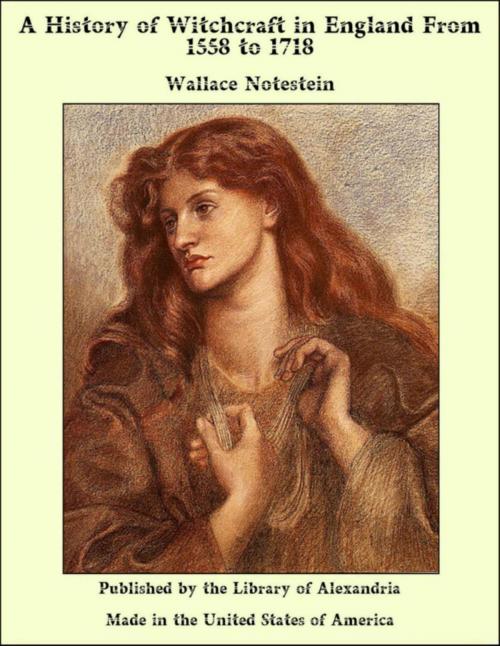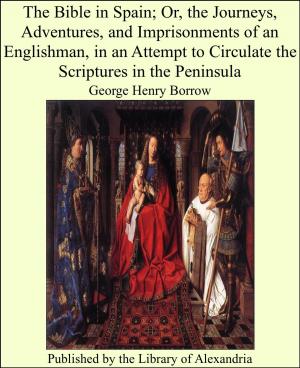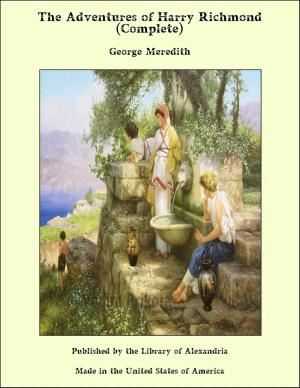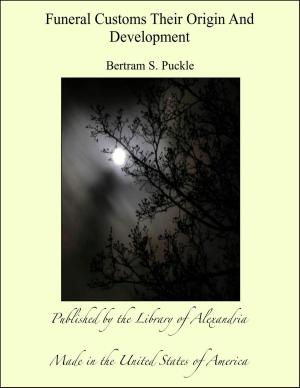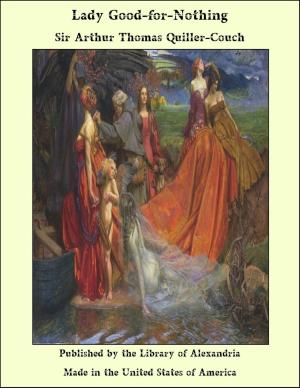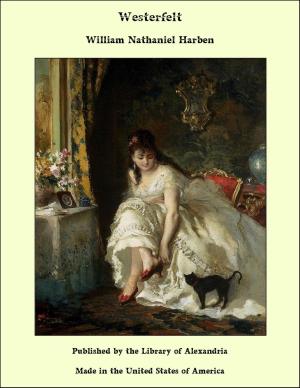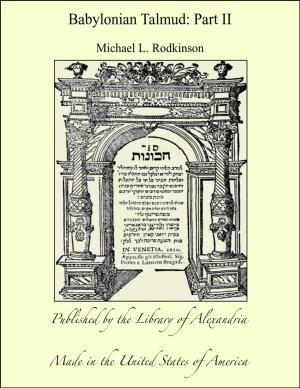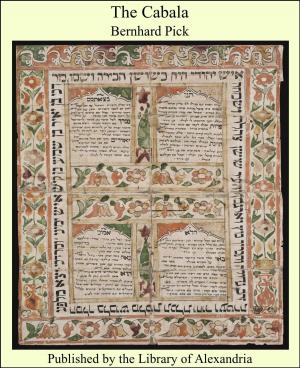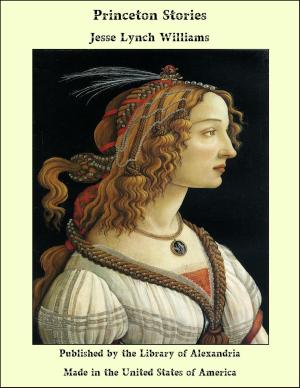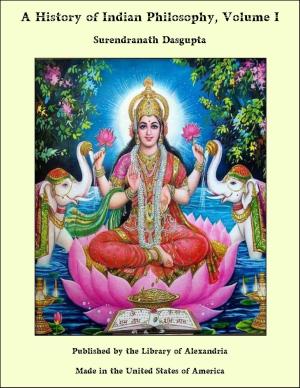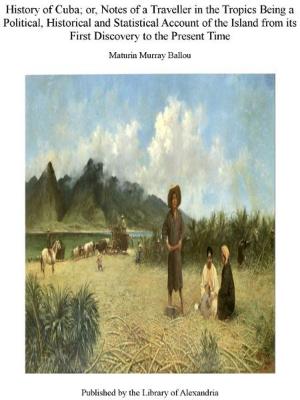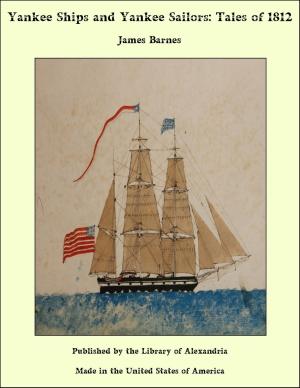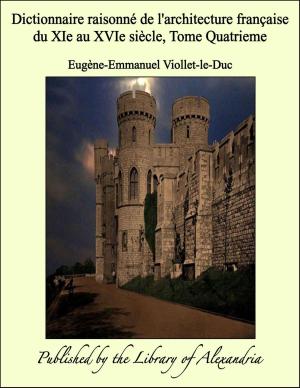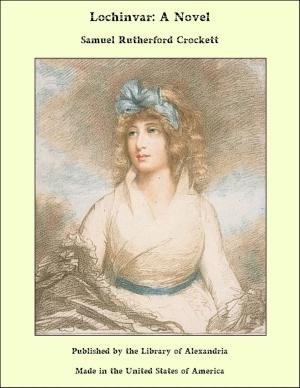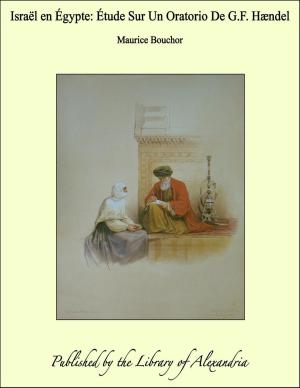A History of Witchcraft in England From 1558 to 1718
Nonfiction, Religion & Spirituality, New Age, History, Fiction & Literature| Author: | Wallace Notestein | ISBN: | 9781465583581 |
| Publisher: | Library of Alexandria | Publication: | March 8, 2015 |
| Imprint: | Language: | English |
| Author: | Wallace Notestein |
| ISBN: | 9781465583581 |
| Publisher: | Library of Alexandria |
| Publication: | March 8, 2015 |
| Imprint: | |
| Language: | English |
In its original form this essay was the dissertation submitted for a doctorate in philosophy conferred by Yale University in 1908. When first projected it was the writer's purpose to take up the subject of English witchcraft under certain general political and social aspects. It was not long, however, before he began to feel that preliminary to such a treatment there was necessary a chronological survey of the witch trials. Those strange and tragic affairs were so closely involved with the politics, literature, and life of the seventeenth century that one is surprised to find how few of them have received accurate or complete record in history. It may be said, in fact, that few subjects have gathered about themselves so large concretions of misinformation as English witchcraft. This is largely, of course, because so little attention has been given to it by serious students of history. The mistakes and misunderstandings of contemporary writers and of the local historians have been handed down from county history to county history until many of them have crept into general works. For this reason it was determined to attempt a chronological treatment which would give a narrative history of the more significant trials along with some account of the progress of opinion. This plan has been adhered to somewhat strictly, sometimes not without regret upon the part of the writer. It is his hope later in a series of articles to deal with some of the more general phases of the subject, with such topics as the use of torture, the part of the physicians, the contagious nature of the witch alarms, the relation of Puritanism to persecution, the supposed influence of the Royal Society, the general causes for the gradual decline of the belief, and other like questions. It will be seen in the course of the narrative that some of these matters have been touched upon.
In its original form this essay was the dissertation submitted for a doctorate in philosophy conferred by Yale University in 1908. When first projected it was the writer's purpose to take up the subject of English witchcraft under certain general political and social aspects. It was not long, however, before he began to feel that preliminary to such a treatment there was necessary a chronological survey of the witch trials. Those strange and tragic affairs were so closely involved with the politics, literature, and life of the seventeenth century that one is surprised to find how few of them have received accurate or complete record in history. It may be said, in fact, that few subjects have gathered about themselves so large concretions of misinformation as English witchcraft. This is largely, of course, because so little attention has been given to it by serious students of history. The mistakes and misunderstandings of contemporary writers and of the local historians have been handed down from county history to county history until many of them have crept into general works. For this reason it was determined to attempt a chronological treatment which would give a narrative history of the more significant trials along with some account of the progress of opinion. This plan has been adhered to somewhat strictly, sometimes not without regret upon the part of the writer. It is his hope later in a series of articles to deal with some of the more general phases of the subject, with such topics as the use of torture, the part of the physicians, the contagious nature of the witch alarms, the relation of Puritanism to persecution, the supposed influence of the Royal Society, the general causes for the gradual decline of the belief, and other like questions. It will be seen in the course of the narrative that some of these matters have been touched upon.
